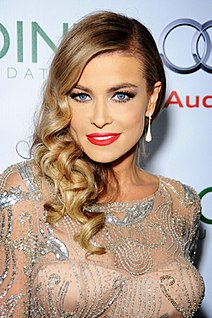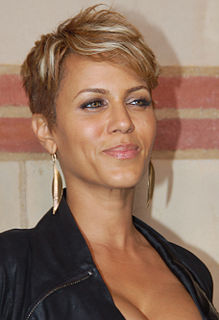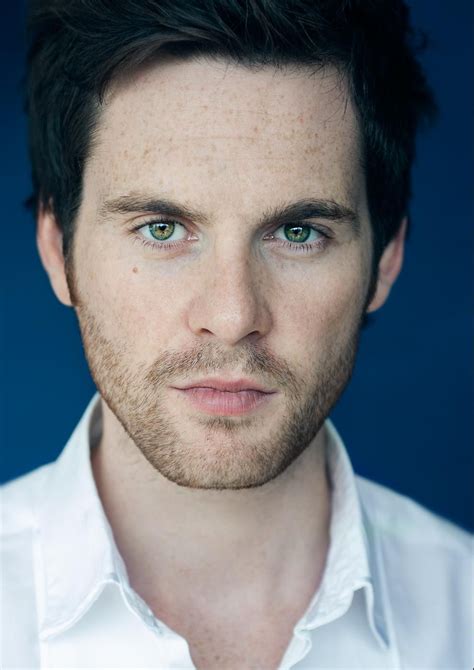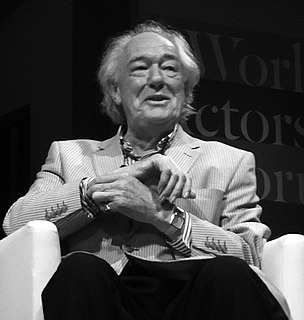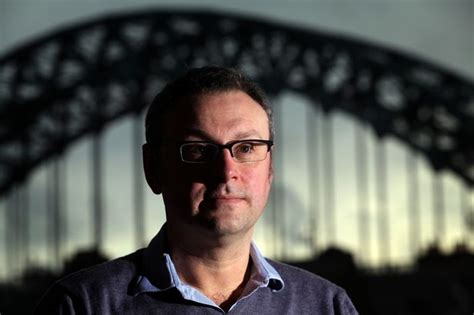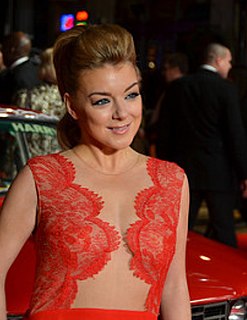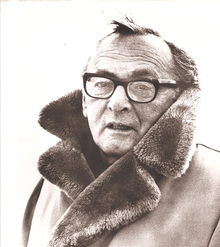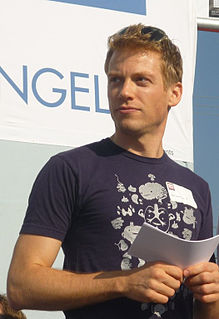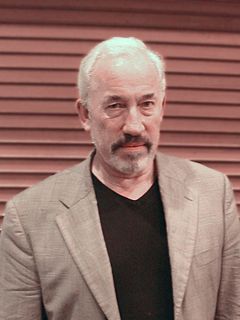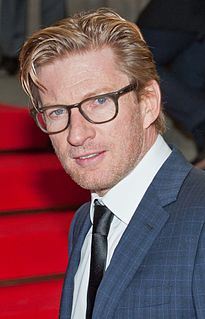A Quote by Emma Watson
Originally what I used to love was being on a stage and reacting to a live audience and maybe my calling is more in theatre.
Quote Topics
Related Quotes
The theatre starts every night at half past seven, and I like the rhythm of going to the theatre, parking the car, going to the stage door; I've grown up with all of that. I'd love to do more theatre - I mean, I shouldn't be telling the world that I can't remember lines any more, but I find it more and more difficult, so I don't know.
Whether you are a writer, or an actor, or a stage manager, you are trying to express the complications of life through a shared enterprise. That's what theatre was, always. And live performance shares that with an audience in a specific compact: the play is unfinished unless it has an audience, and they are as important as everyone else.
Whether you are a writer or an actor or a stage manager, you are trying to express the complications of life through a shared enterprise. That's what theatre was, always. And live performance shares that with an audience in a specific compact: the play is unfinished unless it has an audience, and they are as important as everyone else.
Life beats down and crushes our souls and theatre reminds us that we have one. At least the type of theatre that I'm interested in; that is, theatre that moves an audience. You have the opportunity to literally impact the lives of people if they work on material that has integrity. But today, most actors simply want to be famous. Well, being an actor was never supposed to be about fame and money. Being an actor is a religious calling because you've been given the ability, the gift to inspire humanity. Think about that on the way to your soap opera audition.
With theatre, you can interpret the most complex play on stage for it have meaning to an audience because you're dealing in images, you're dealing in action, you can use different idioms to interpret and clarify something which is obscured in the reading and of course there are different kinds of play, there are mythological plays, there are what I call the dramatic sketches, direct political theatre which is virtually everybody, but I find that you can use the stage as a social vehicle, you know, which any kind of audience.

